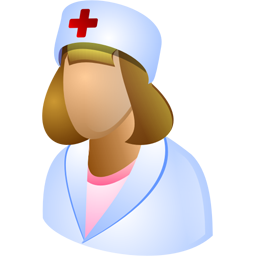
Medical APIs: Empowering Healthcare Applications
Introduction
Medical Application Programming Interfaces (APIs) are invaluable tools that foster seamless integration of healthcare functionalities into websites and applications. They empower developers to create robust health-related applications that seamlessly connect with various healthcare data and services.
Types of Medical APIs
One prominent example is the DDxHub Diagnostic API. Leveraging machine learning and extensive data sets, it provides healthcare professionals with actionable insights based on patient information and clinical data. These APIs analyze patient symptoms, integrate with EHR systems, and draw upon public health data sources like the World Health Organization to generate potential diagnoses.
Benefits of Medical APIs
Medical APIs offer numerous advantages:
* Interoperability: They facilitate the exchange of data between different healthcare systems, promoting interoperability and data sharing.
* Data Standards: APIs support data standards like FHIR, which ensures data consistency and enables healthcare providers to leverage data from multiple sources.
* Improved Care Coordination: By connecting healthcare systems and streamlining data access, APIs enhance care coordination, particularly in inpatient and acute care settings.
* Time and Resource Savings: APIs reduce the time and effort required to access and process healthcare data, allowing healthcare providers to focus on patient care.


DDxHub is a concentrator that holds a lot of disease descriptions. It relies on the System knowledgebase to diagnose a health condition.
Differential diagnosis Hub is the System distinguishing of a particular disease or health condition from others.